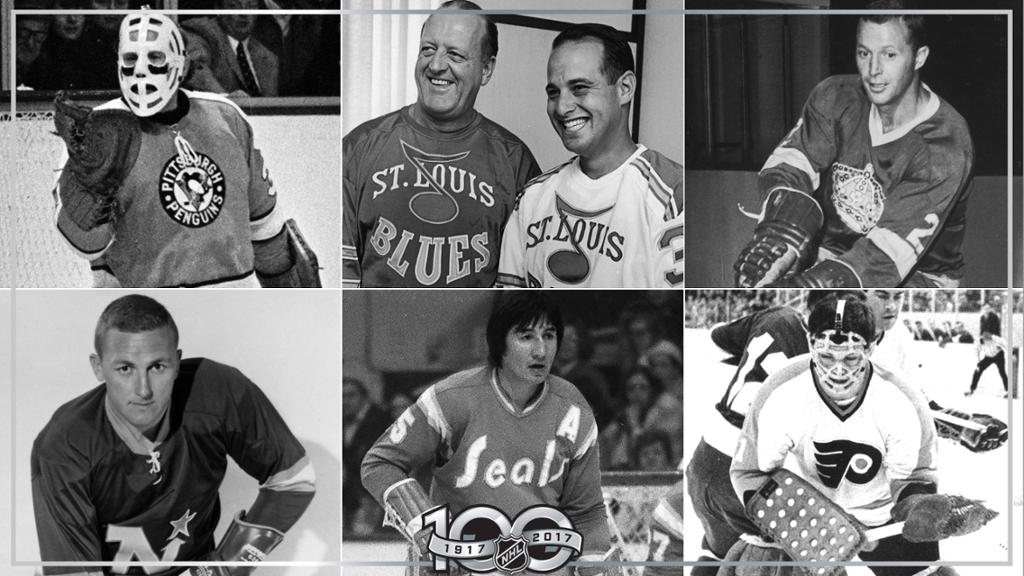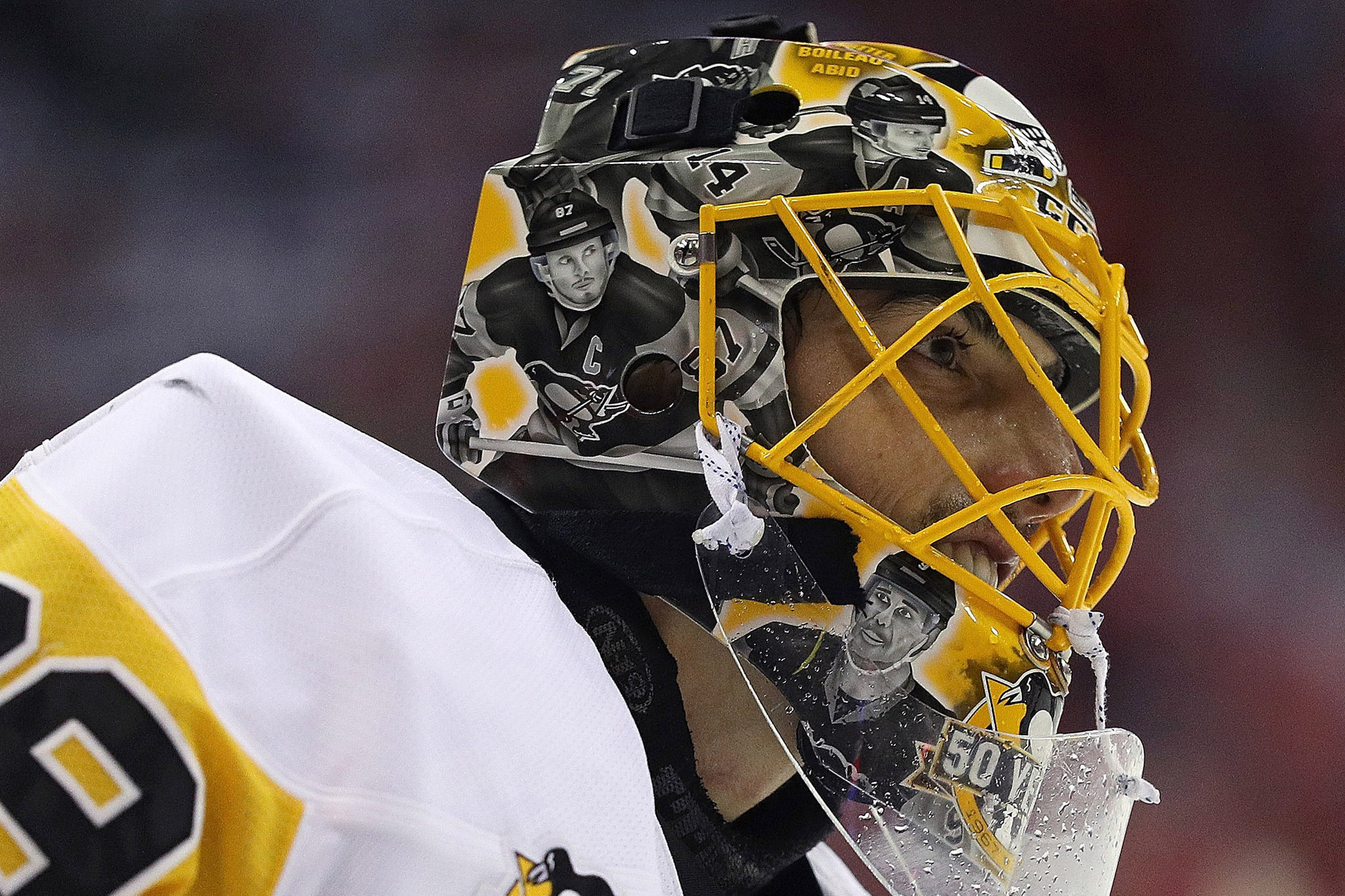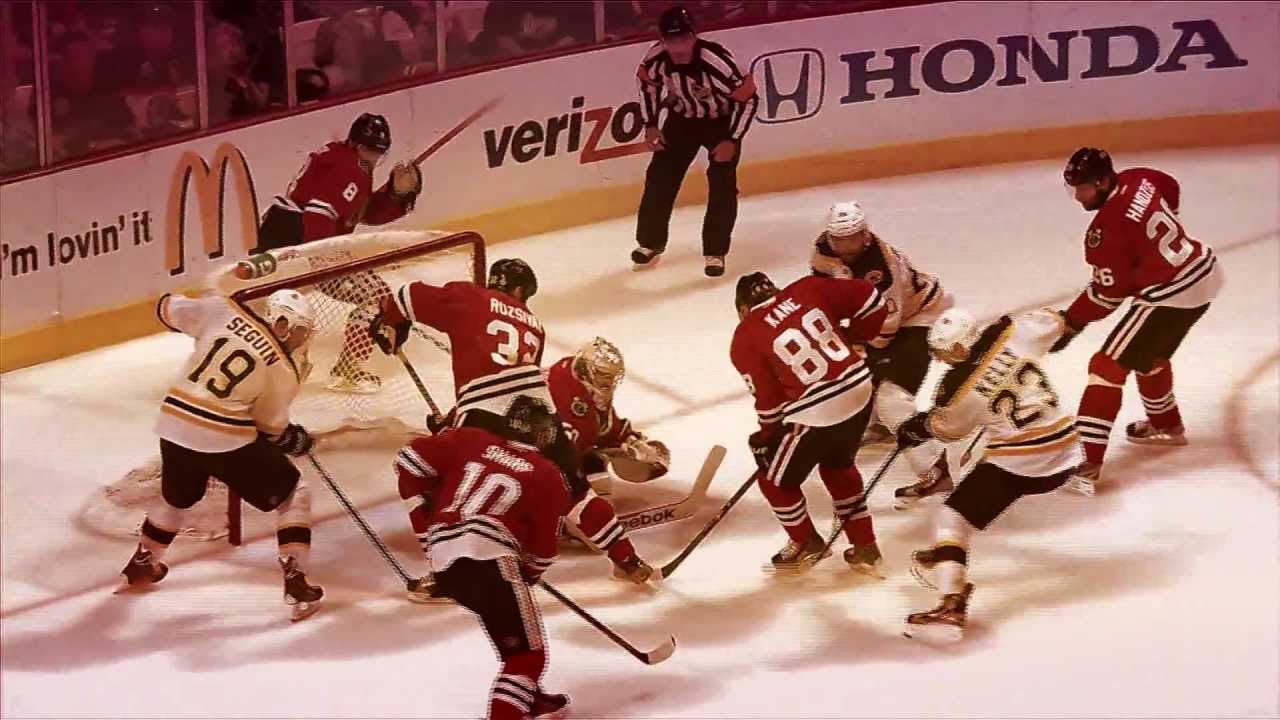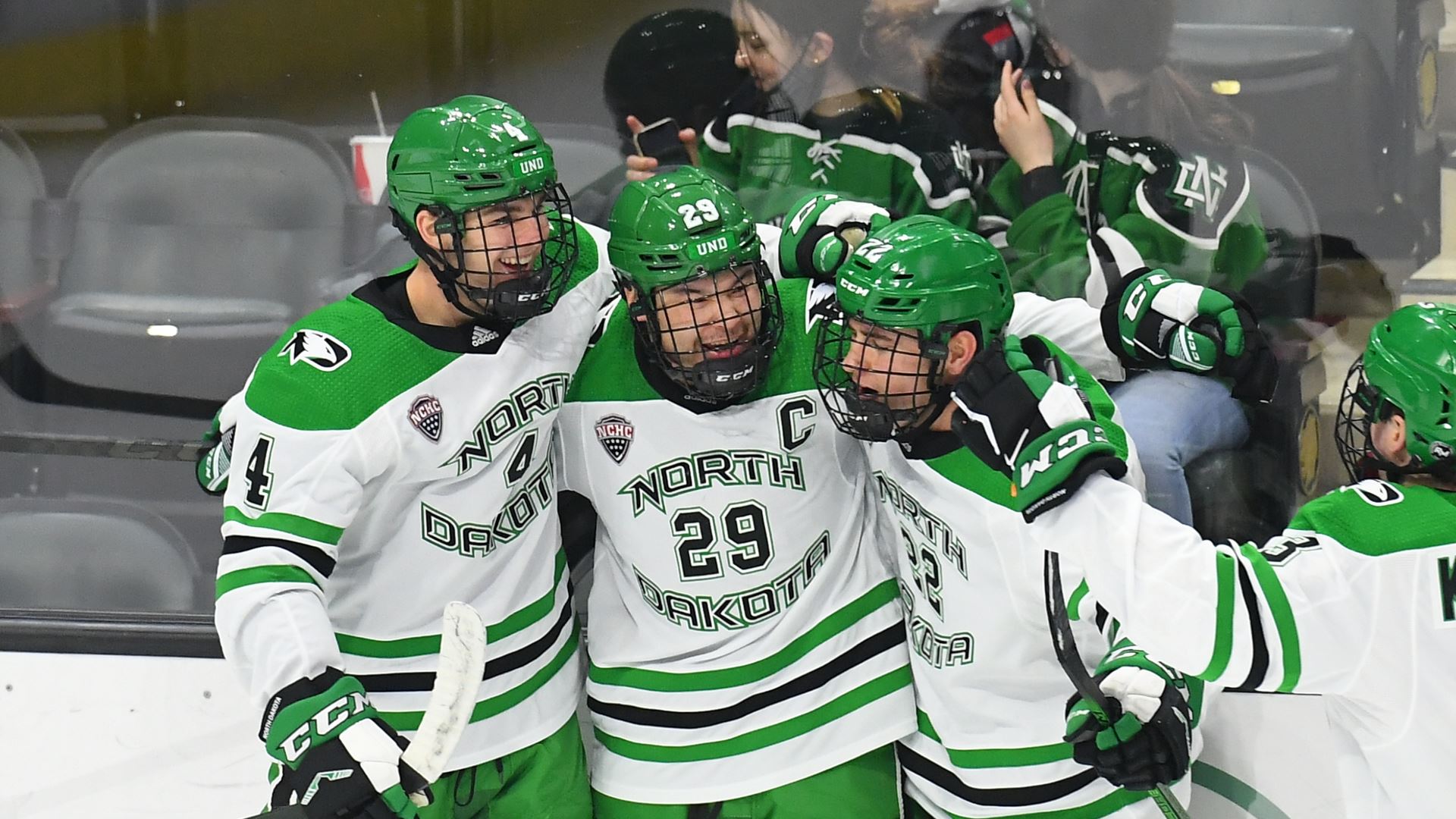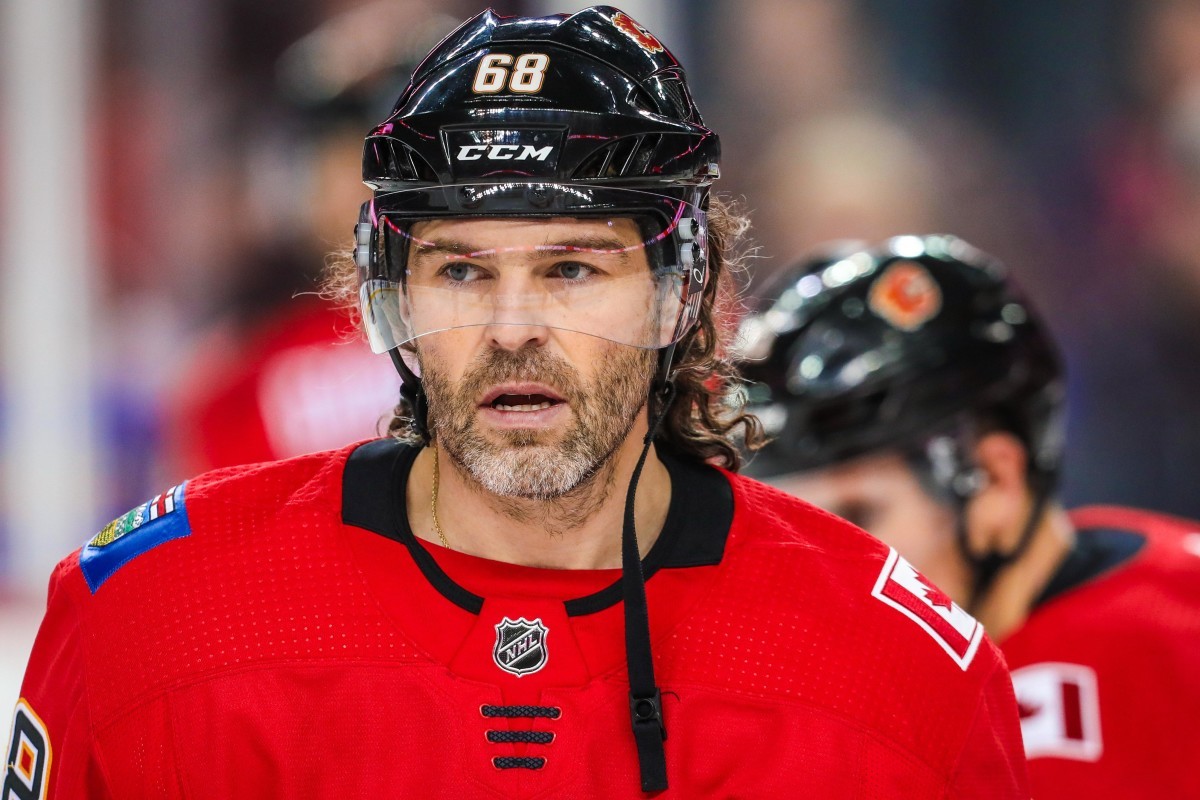Gump Worsley was elected to the Hockey Hall of Fame after a career in which he lost more games [352] than he won [335]. Worsley’s response was, “Do you know how good you have to be to lose 352 games?”
The diminutive goaltender played for a dozen teams in six leagues during a career that spanned four decades. At the time of his retirement in 1974, Worsley had played more regular-season games in goal [861] than all but two players in NHL history. Named after comic strip character, Andy Gump, Worsley was quick with a quip and always good for a quote. He played ten years with the New York Rangers, perennial NHL bottom-dwellers. Pelted by pucks night after night, Worsley was routinely called upon to stop 40 to 50 shots per game. A reporter’s dream, he was asked what NHL team gave him the most trouble. Without blinking and eye, The Gumper deadpanned, “The New York Rangers.”
Chided by Rangers coach Phil Watson for being out of shape and having a beer belly, the 5’7”, 180-pound Worsley retorted, “I do not have a beer belly. I only drink Johnny Walker Red.” An icon on and off the ice, Worsley was appreciated by teammates, imploring them, “Let’s win one for The Gumper!” before taking the ice.
One of the NHL’s last maskless goaltenders, Worsley played with a frenetic style and overwhelming desire to win. He won four Stanley Cups with the Montreal Canadiens and twice won the Vezina Trophy as the NHL’s top goaltender. The four-time All-Star originated the popular hockey term, Stacking the Gumpers. When a goaltender makes a save by laying on his side and making a wall out of his leg pads – called Gumpers – he is said to be Stacking the Gumpers.
Born in Montreal May 14, 1929, Lorne John Worsley was a soccer standout as a child. At 17, he was signed by the Verdun Cyclones of the Quebec Junior Hockey League. After four years in the minors, where he was a First-Team All-Star, the relentless goaltender joined the New York Rangers for the 1952-53 season.
He won the 1953 Calder Trophy as NHL Rookie of the Year, then asked for a $ 500 pay raise the following season. Unamused, the Rangers sent Worsley to the WHL Vancouver Canucks, where the talented backstop was named league MVP. Gumper returned to the Rangers, playing every minute of every game while finishing third in NHL MVP voting in 1956.
In a transaction that shook the hockey world in the summer of 1963, Montreal sent Jacques Plante to New York in exchange for Worsley. The winningest goaltender in Canadiens history, Plante had led the Habs to six Stanley Cup titles. The woeful Rangers, meanwhile, had qualified for the playoffs only four times in the previous 13 seasons, never advancing past the first round. The trade was also ironic in that Plante was the first goalie to wear a mask. Worsley despised the goalie mask, and was one of the last two netminders in history to play without one, saying, “My face is my mask.”
The Gumper was a colorful character. He said any goalie who wore a mask was scared, to which Plante replied, “If you jumped out of a plane without a parachute, would that make you brave?”
Worsley was beloved in his home town. A Forum favorite, he led the Habs to the playoffs every year he was there, and the Canadiens won four Stanley Cups in five years from 1965 through 1969. Worsley put up the best numbers of his career while wearing the sweater of Le Bleu-Blanc-Rouge. His best season came in 1967-68, when he led the league with a goals-against average of 1.98 and was a perfect 11-0 in the playoffs en route to his second Vezina Trophy in three seasons.
A fear of flying forced Worsley’s first retirement. In 1967, the NHL expanded and doubled its size. The Original Six franchises – based in Eastern Canada, the upper Midwest and the northeastern U.S. – had now become 12, and included teams in Oakland and Los Angeles. The expansion schedule required additional air travel and became impossible for The Gumper, who had suffered a traumatic flying experience in the minors. While playing with the New York Rovers in 1950, the left engine of a plane carrying Worsley and his teammates caught fire and was forced to make an emergency landing.
The pudgy but agile goaltender suffered a nervous breakdown in November 1968. While connecting through Chicago following a bumpy flight from Los Angeles, Worsley abruptly notified Canadiens captain Jean Beliveau that he was quitting the team, got off the plane, and took a train back to Montreal. The Canadiens arranged for their goaltender to take time off and see a psychiatrist, but Worsley returned to the team two months later after he was told that the only cure was a change in profession. He retired following the 1970 season.
The Minnesota North Stars coaxed Worsely out of retirement before the 1970-71 season, where he shared goaltending duties with Cesare Maniago. The tandem led the North Stars to the playoffs three straight seasons and became the first expansion team to defeat an Original Six team in the postseason. The 44-year-old Worsley retired for good in 1974, explaining, “I knew it was time to quit when the sons of the guys who scored on me started to score on me.”
In 2015, Canada Post issued stamps in honor of six goaltending greats who transformed hockey. Lorne Worsley was one of the six, joining Ken Dryden, Bernie Parent, Tony Esposito, Johnny Bower and Martin Brodeur. Worsley played 22 NHL seasons – ten in New York, seven in Montreal, and five in Minnesota. He played every minute of every game in 1955-56, the last Ranger goalie to do so, and was inducted into the Hockey Hall of Fame in 1980.
Mr. Worsley suffered a heart attack January 22, 2007, and died in his home in Quebec four days later. He was 77.



